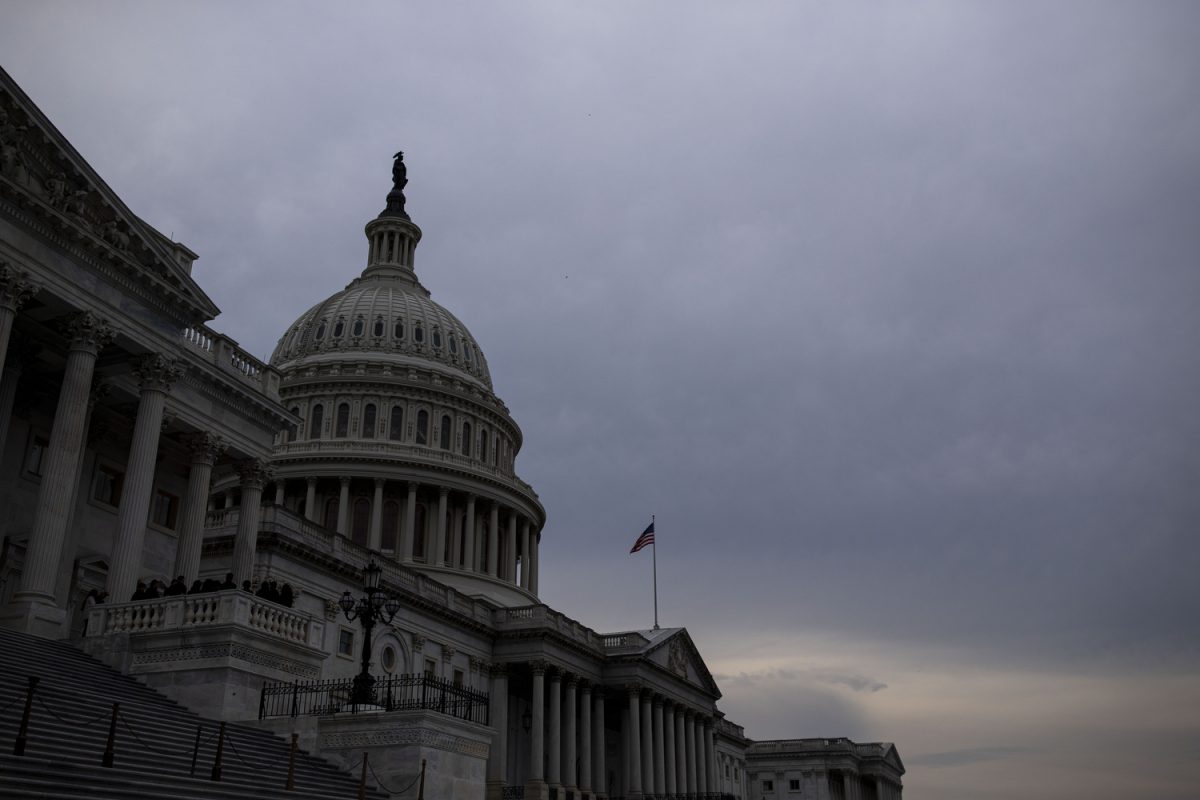America is divided.
Since the 2016 election of former President Donald Trump, one of the most troubling aspects of our society is the polarization in the country’s political atmosphere. Elected officials of the Republican and Democratic parties have attacked each other left and right, worsening the growing partisan divide.
In the crossfire, there’s been a noticeable shift in the demographics of both parties. Democrats are losing the support of young men, while more women are leaning left. A Harvard poll concluded that 42 percent of men identified as Democrats in 2020.
Since then, the statistic has dropped 10 percent. This may seem like an isolated matter, but in retrospect, there are many potential explanations for the ideological divergence of the sexes.
Young women likely want to see more representation in positions of power — a priority that is lacking within the Republican party. Of the 383 women who have served in the U.S. House of Representatives, 251 have been Democrats. That’s nearly 66 percent of all elected congresswomen.
This political shift is not just about gender-based representation, but also the adoption of policies and ideologies that impact women. Social triggers, like the #MeToo movement created in 2006, shaped the perspective of many young women who are now of voting age.
With America’s lengthy history of discrimination against women, it’s apparent women have been taking action to fuel advocacy and their desired changes.
Rightfully so, Democrats are strong advocates for abortion access, especially following the Supreme Court’s decision to overturn Roe v. Wade in 2022. This was a direct attack by conservative policy-makers, on a woman’s right to choose what is happening with her body, so multiple Democrat-led states have taken actions to protect patients and abortion providers. Access to abortion is a fundamental right that was stripped away by the Trump administration, making women wary about the party itself.
Democrats also support paid family and medical leave – an issue Republicans have historically been opposed to despite their firm belief in the “nuclear family.” Paid family leave would give parents a chance to spend time with their children without having to worry about a lack of income to support them. They would also have more time to focus on a work-life balance that has only been made more difficult by the dependency of newborns on their parents.
Although Americans have made vast improvements in social stigmas surrounding gender equality, young men have still grown up in a patriarchal society.
As women gain positions of power, studies claim men sometimes feel emasculated and threatened. A woman’s success subconsciously detracts from a man’s masculinity due to decades of reinforced gender norms. And now, as the Democratic party is being led by a woman of color, men might be rethinking their support of the matriarchal campaign.
A recent study showed wavering support of the #MeToo movement by gender and political affiliation. Excluding the data of those not familiar with the movement, the trend is clear. Within the Republican party, almost 50 percent of men oppose #MeToo. Meanwhile, 76 percent of women who identify as Democrats support the movement.
To capitalize on this divide, former President Donald Trump has made masculinity a major part of his campaign, and consequently, appeals primarily to men. He weaponizes masculinity to make men believe they are not ‘manly’ if they vote for a woman. Fox News host Jesse Watters, who has previously expressed support for Trump, claimed men who vote for a woman president will transition into a female.
In this politicized society, women are rising to champion men, while men cling to the patriarchal power they have left. But in doing so, they are dividing the country and shaping politics for future generations. If the two sides do not meet in the middle and promote equity for all, America will continue to become more polarized.



